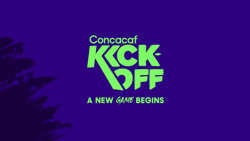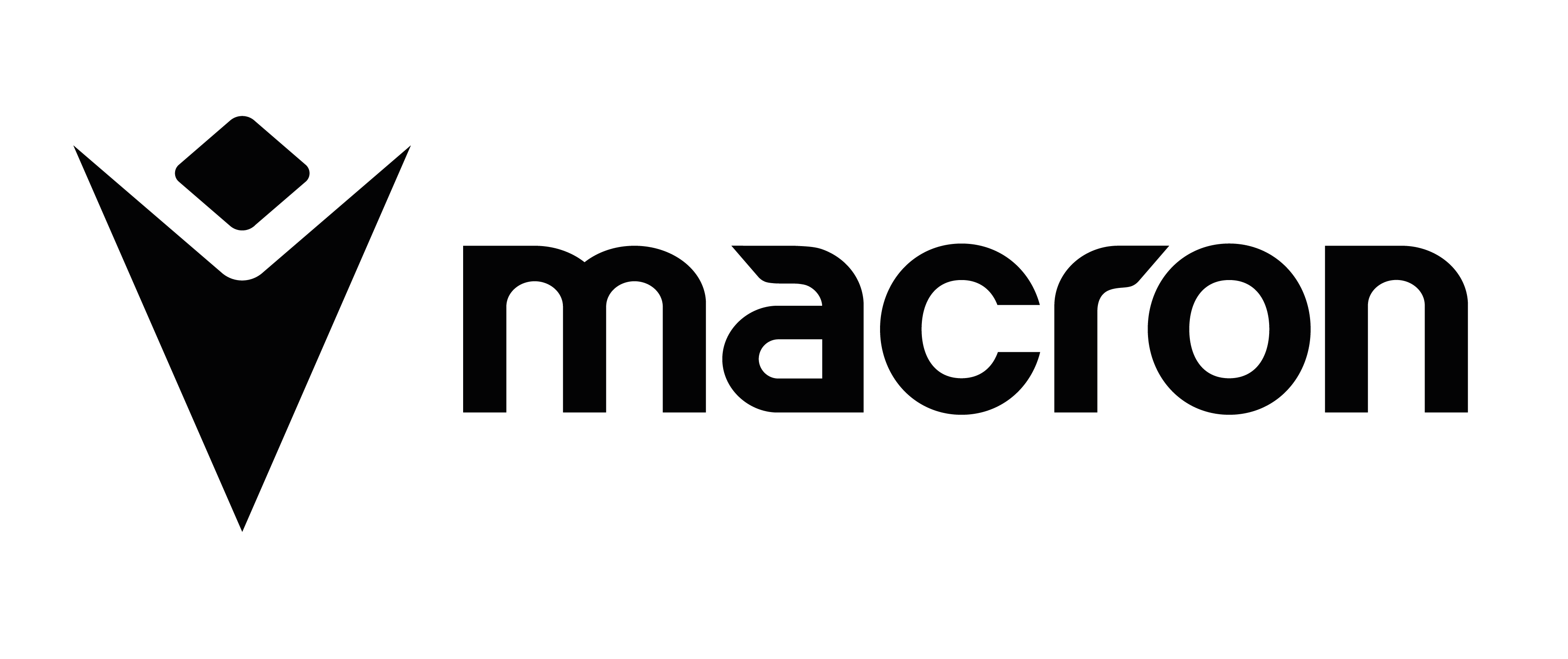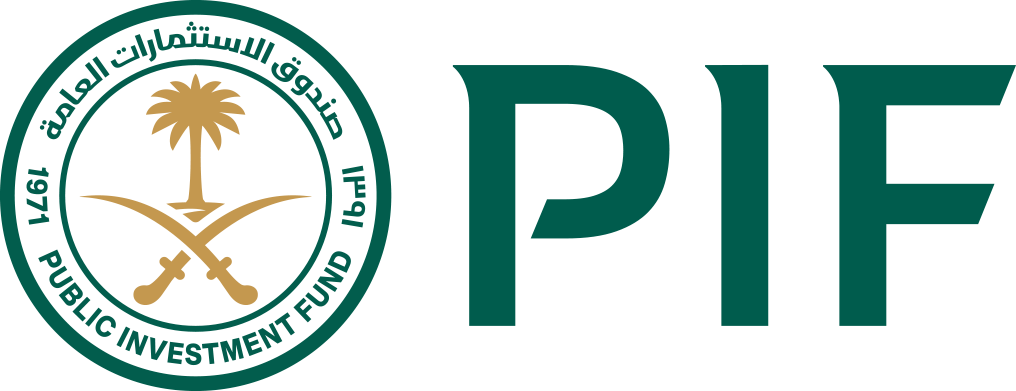Jamaica head coach Winfried Schafer (right) and Trinidad & Tobago manager Stephen Hart exchange greetings prior to a friendly between their teams on November 15, 2013. (Photo: Allan V. Crane)
GEORGE TOWN, Cayman Islands – Jamaica head coach Winfried Schafer expects his team to produce solid showings in a pair of away friendlies against Switzerland and France on May 30 and June 8, respectively.
The European powers are using the games to prepare for the 2014 FIFA World Cup in Brazil. Both sides are in Group E along with Ecuador and CONCACAF’s Honduras.
“All matches for Jamaica against bigger teams are very important,” Schafer told CONCACAF.com. “When our players play against big teams like French and Switzerland, they can see what their level is, they can learn.”
“It is good for the Reggae Boyz’s image to the world.”
For Jamaica, the encounters on the other side of the Atlantic Ocean represent an opportunity to kick start its Caribbean Cup campaign later this year.
Schafer affirmed that his team can only benefit from testing itself against world-class opposition.
“Now they play in Lille and Lausanne and maybe the stadium will be full,” he noted. “It’s a new situation for the team and maybe the passion from this match goes back to Jamaica and we can build a very good future.”
The charismatic German took the Jamaican reins in July 2013 as the Reggae Boyz pushed for points in the CONCACAF Hexagonal.
In four World Cup qualifiers under his guidance, the team showed improvement, earning three draws and keeping the United States scoreless before conceding late goals in a 2-0 loss.
Schafer has been given a vote of confidence from Jamaica Football Federation President Captain Horace Burrell, who told CONCACAF.com, “We have a new coach who we intend to give every opportunity to establish and shape his team for Russia.”
Looking ahead, Schafer declared that Jamaica should use the achievement of its 1998 World Cup qualification as a positive historical footnote, but not as the template needed to return to football’s biggest stage.
“1998 was very nice a fantastic time, but now we are in 2014,” Schafer concluded. “Jamaica has been in the same position while other teams like Honduras and Costa Rica are moving up. We have to be more professional, with better pitches, with better coaches. We have to watch what is ongoing in Europe as the standard. It won’t be easy, but if we work together we have a shot.”






































